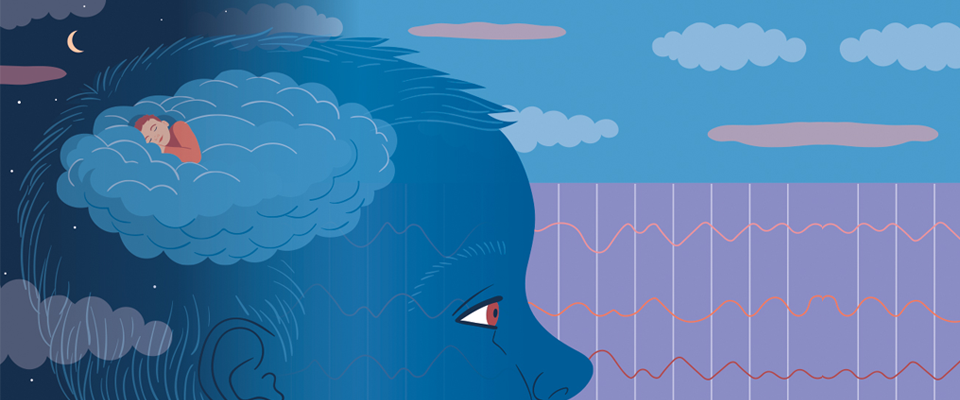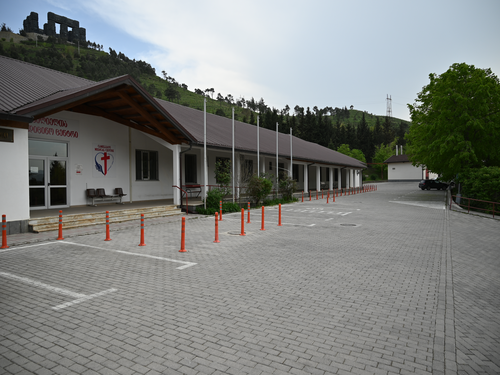
At an early stage of development, sleep is the main and most important activity of the brain. Sleep is critical for a child's growth, mental development and immune system recovery. Sleep quality directly affects the body and mental formation.
Children with an autism spectrum disorder often have sleeping difficulties, expressed by:
- Unstable sleep mode
- Age-inappropriate sleep duration and/or waking up often during the night
- Waking up in the middle of the night and being awake for more than 1 hour
- Excessive daytime sleepiness, which can affect insomnia at night.
See below the list of daytime sleep duration by age.

Sleeping difficulties in children with an autism spectrum disorder can have a significant impact on both daily routine and behaviour. It’s adversely affecting child's learning pace and worsening some of the child’s behaviours.
Tips for solving sleep problems and regulate a healthy sleep cycle:
- Identify the problem
Observe when the child has a problem:
- While going to bed
- While falling asleep
- Has unstable sleep phases
- Exclude biological causes
It is recommended to consult a doctor in case of insomnia or any sleep problem. Keep an eye on the case if they are taking any medications. Additional medical care may cause excessive drowsiness or agitation, which may prevent children from falling asleep.
- Visit a behavioural therapist
A behavioural therapist teaches children how to behave in a particular situation. The specialist will work with the parent to create an environment that will make a child feel relaxed.
- Create a sleep routine
Develop routine activities before bed. For example: taking a bath, reading a book, singing. Remember, sleep activities should be regular. Carry out the activities at the same time in a predetermined sequence. Follow a sleep schedule. Try don’t get your child to bed late (no later than 9 pm).
- Avoid stimulating activities
Avoid active, stimulating activities and gadgets (mobile, computer, TV) 1-2 hours before bedtime. Try to engage children in relaxing activities such as taking a bath, listening to music, reading / listening to a fairy tale.
- Cozy atmosphere
Set up their bedroom for sleep success. Make their bedroom as cozy, friendly, and appealing to them as possible. Make sure his room has low lighting and medium temperature. Check how comfortably are they dressed and how well they feel in the bed. Always lay in their own bed.
Remember, sleep plays an important role in the child's development. Sleep has a great impact on the development of memory and learning skills.




